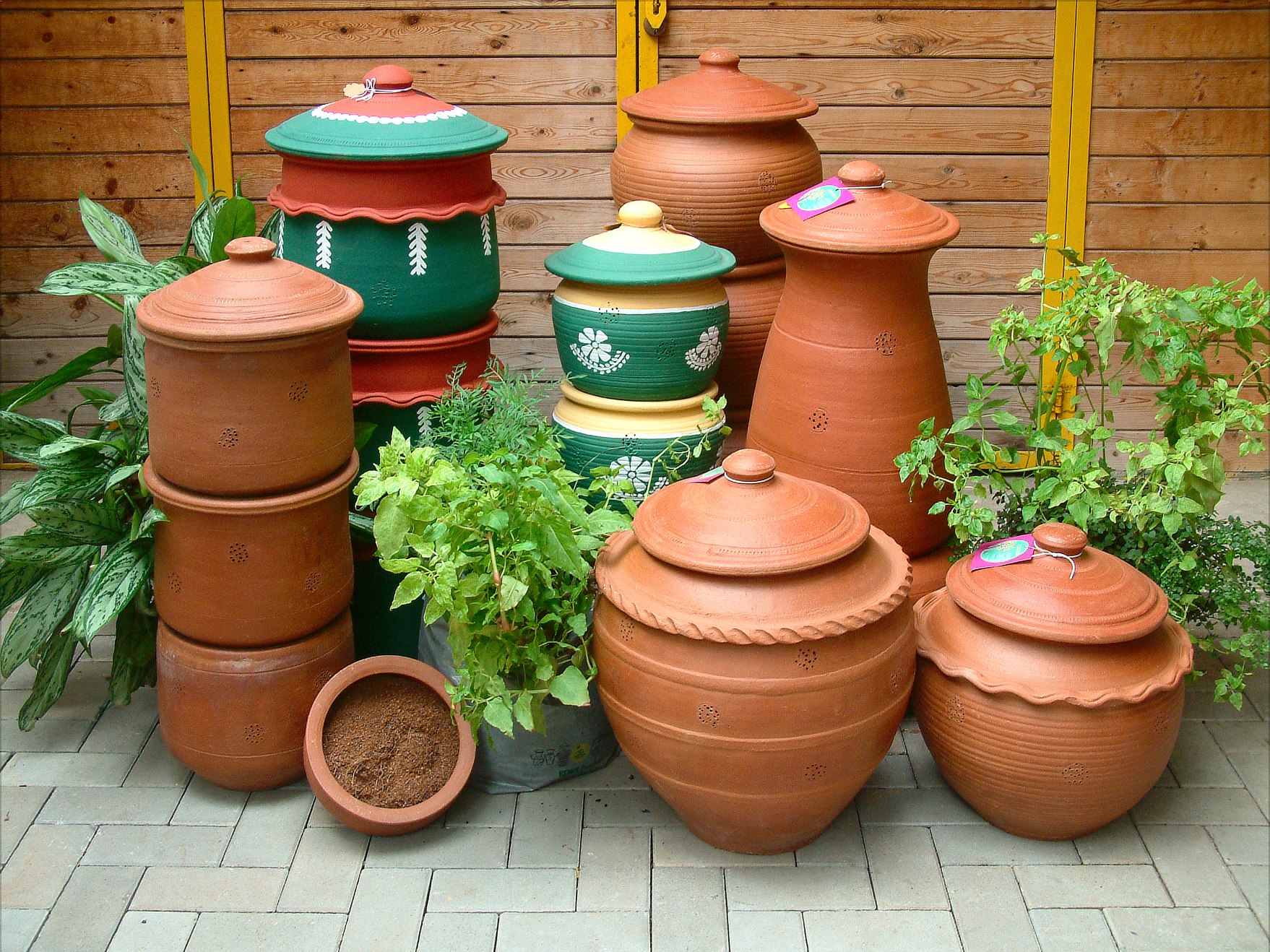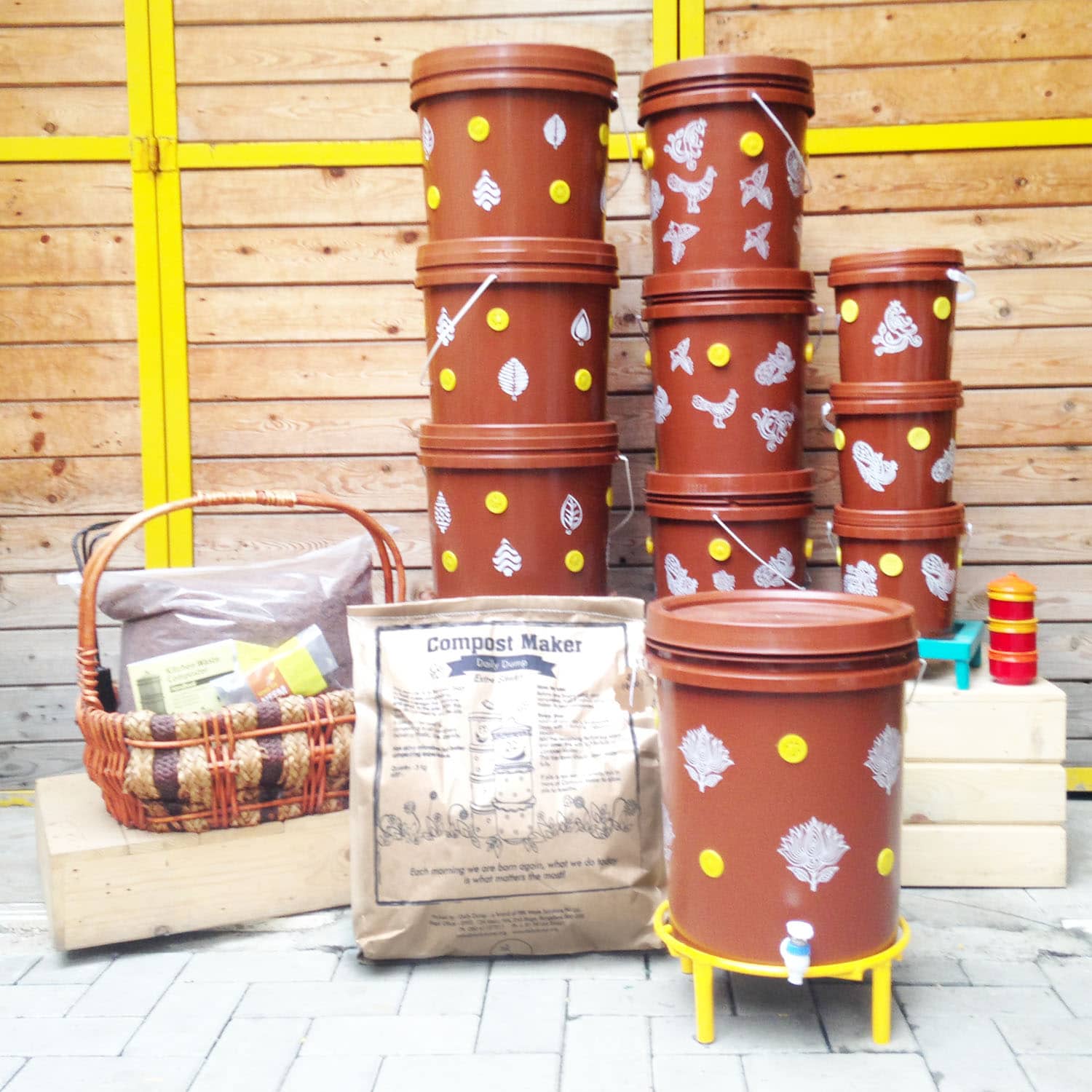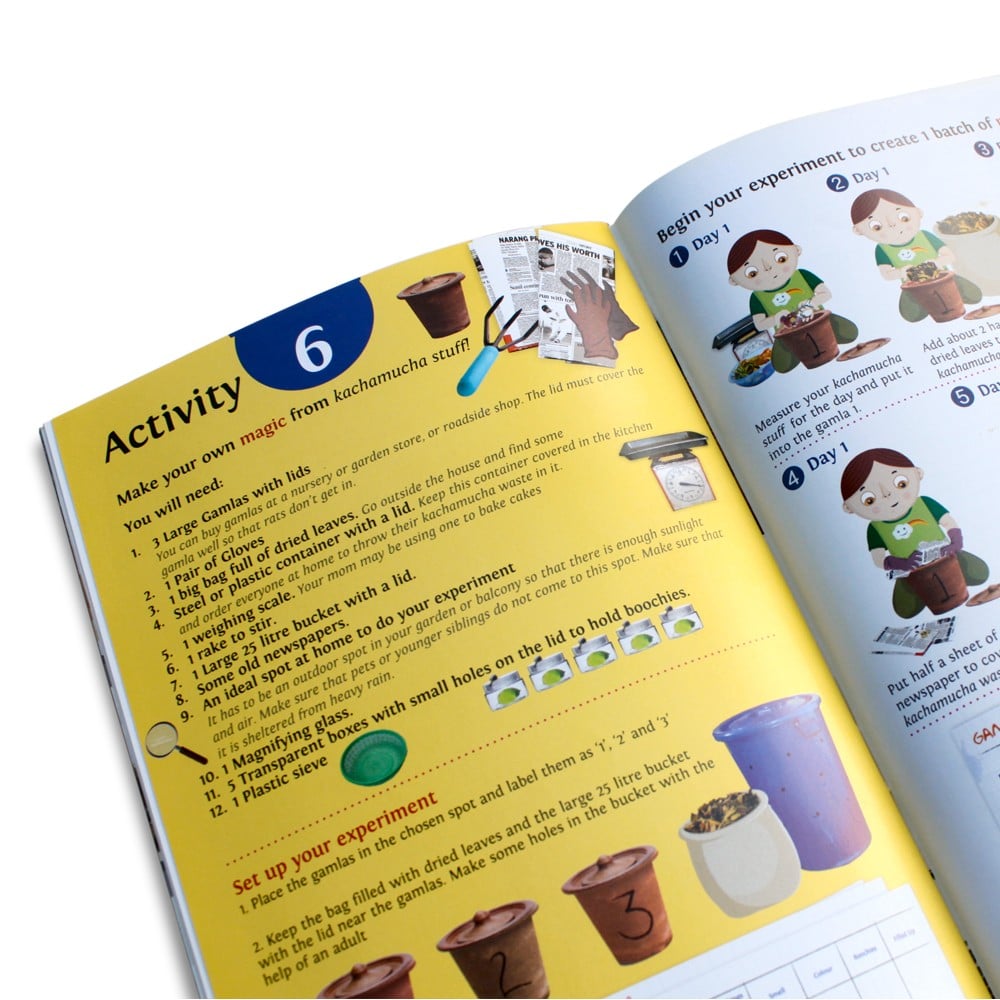India (Bangalore)
Do you segregate your wet and dry waste? Most people think it’s extra work, but if you can convert it to something useful without much hassle, why not?
Cities all over the world are exploding with the waste they create. The average city-dwelling Indian family creates so much daily waste that the world is running out of space to dump it all. However, over half of that waste is organic material which can easily be composted into fertile ‘stench-free’ compost at home.
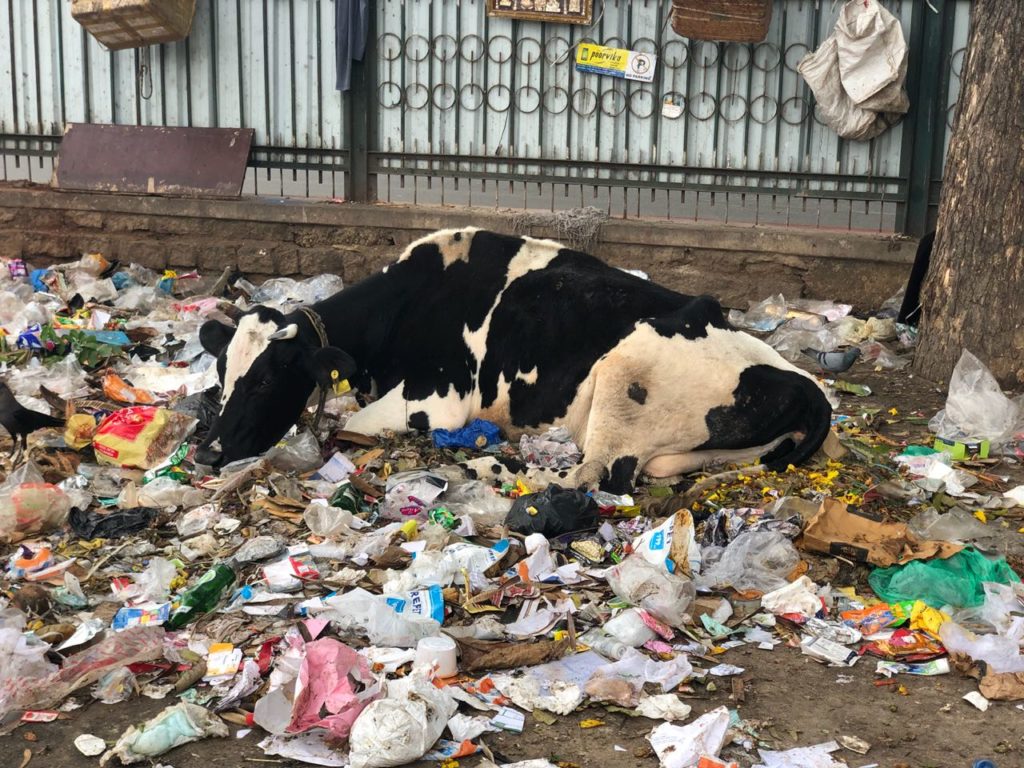
Daily Dump wants to clean up India by making composting a national habit, but first people have to change their perception and behaviours around waste. The best way to get them to do that is by being playful and accessible. And that’s where good design comes in.

Poonam Bir Kasturi started Daily Dump in 2006 to break down the barriers associated with composting. “India has its own challenges. Many people believe, ‘waste is not my job, waste is dirty.’ There is a social stigma to waste, especially in our country, where waste is very closely linked to aspects of class, caste and other such barriers.”

Passionate about using design to change systems, Poonam trained as an industrial designer and is influenced by sustainable development, the open source movement, micro-enterprise andIndira Darshinis (stand-up Indian fast food places). Today she works to make waste “visible, beautiful and doable” by creating easy, fresh and engaging solutions for conscious city living, so more people can understand the impact of their daily choices. She targets organic waste right at its source – the household – before it is mixed with other waste, creating a toxic mess.
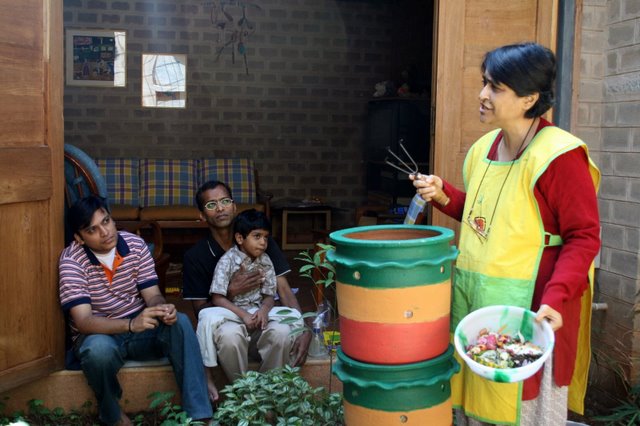
Poonam thinks of Daily Dump as a “mindset-changing company” and works to change mindsets about whose job it is to take care of waste, marginal livelihoods and about how we can harm less. The team has designed a set of products, services and awareness material that allow everybody to participate in engaging with our natural resources – a very important part of urban life.
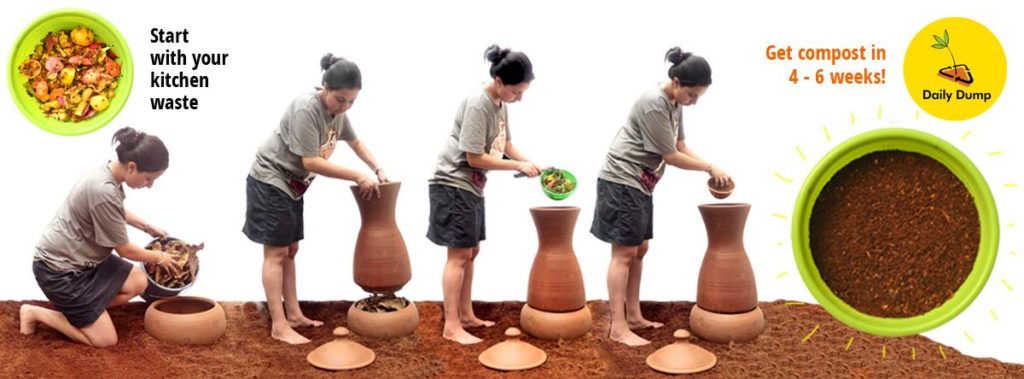
Poonam designed India’s first home composter in 2006, when Swacch Bharat (‘a clean India’) wasn’t even a phrase. The innovation made home composting a habit for thousands of people and revolutionised waste management. Today, Daily Dump has an award-wining and hugely successful range of composters, segregation products, books, services and awareness materials that are taking home waste management mainstream.
Their signature terracotta Kambha, classic terracotta stack composter, has become a much-loved symbol of pride in homes and a national symbol for home composting.

Daily Dump helps us imagine alternative scenarios and small ideas that can help change behaviour – from segregating and collecting organic waste to replacing plastic bags with simple newspaper cones. Their website includes wonderful illustrated stories that help imagine fresh ways of engaging with the local community and colourful infographics that help people see our hidden connections.

“If more people engage with nature and the way nature works for us, that will be the key to creating more sustainable cities,” the team adds. “We’ll have more wellbeing, we’ll have more justice. We will have more time to play and of course we’ll have good health because everything will be clean, it won’t be polluted.”
Thanks to Daily Dump, waste composting is reshaping the behaviour of urban Indian citizens, urging them to shrug off apathy and contribute to a cleaner India. “The truth is we all create waste and we need to take responsibility for it.”
AtlasAction: Daily Dump welcomes anyone who loves compost and who’s interested in helping people understand the magic it holds. Fill in this form to get involved.
Read more ► Daily Dump was mapped by Kiran Bir Sethi, the design guru who founded India’s top school, in her AtlasChart Top 5: Around India in 5 social projects
Project leader
Poonam Bir Kasturi, Founder
Support the Atlas
We want the Atlas of the Future media platform and our event to be available to everybody, everywhere for free – always. Fancy helping us spread stories of hope and optimism to create a better tomorrow? For those able, we'd be grateful for any donation.
- Please support the Atlas here
- Thank you!
